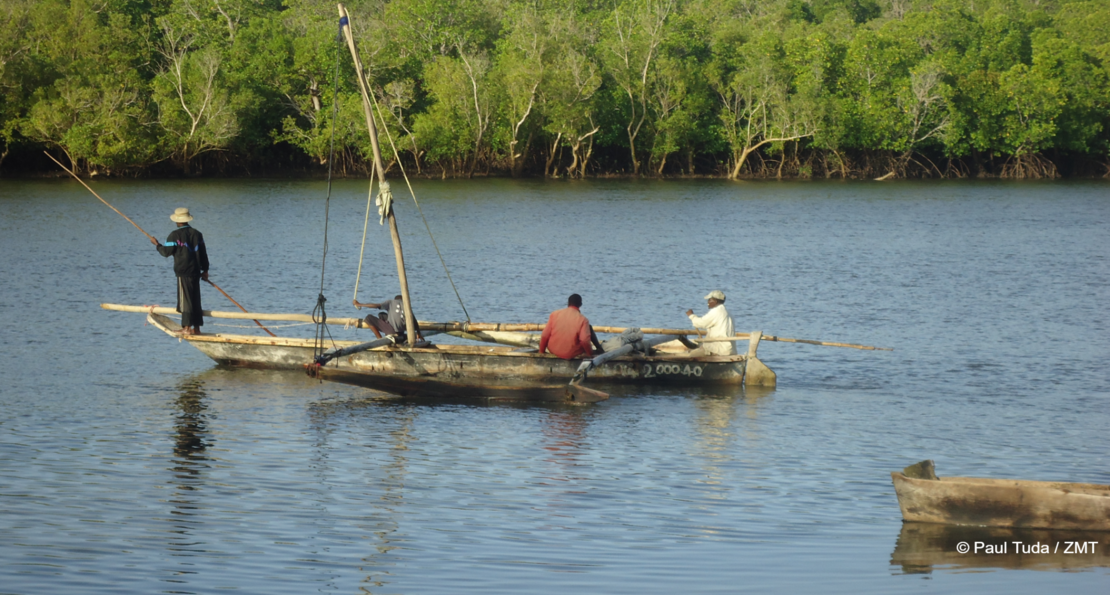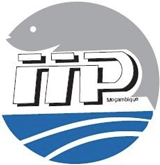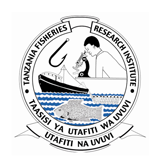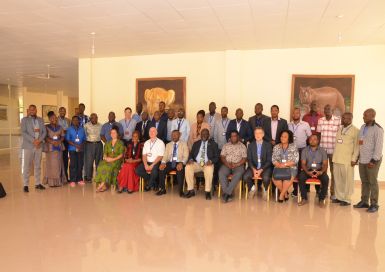Fishing Data East Africa (FIDEA)

Country/Region
Mozambique, Tanzania, Zanzibar
Project duration
June 2019 to June 2021
project summary
Artisanal fisheries are crucial for the livelihoods of coastal communities in East African coastal communities, contributing to poverty reduction and economic development in several households in the region. However, they are at risk due to increased over-exploitation and the use of destructive fishing methods, which have led to a general decline of marine resources and biodiversity loss.
Attempts to regulate fisheries in the region through the implementation of marine protected areas and gear restrictions have been constrained by the lack of scientific data, inadequate infrastructure and human capacity to monitor and assess their marine resources adequately. In instances, where data exist, they often remain underutilised due to inappropriate sampling scales and methods or delayed transmission due to a lack of an efficient digital data transmission system, which ultimately hinders their use in the formulation of relevant policies for the sector. Therefore, to achieve the long-term goal of sustainable fisheries and marine conservation in the region, the focus should be directed towards restructuring the planning, collection, archiving and analysis of data to track the status of exploited resources and promote the appropriate utilization and dissemination of information for decision making.
Fishing Data East Africa (FIDEA) is a partnership project, which has been co-designed with the National Fisheries Research Institutes in Mozambique, Tanzania and Zanzibar to address the challenges highlighted, and to strengthen a science-based decision-making process in support of sustainable fisheries management at the national and regional level. This will be supported by training, which will target data collectors, researchers and decision-makers from the three countries. This will lead to an increase in the institutional capacities in meeting national needs for essential fishery data collection, monitoring the health of the fisheries resources and to contribute to the regional commitments to report on the proportion of fish stocks, which are sustainably fished (SDG 14, target 14.4).
Key Targets
Strengthen a science-based decision-making process in support of sustainable fisheries management in the East African region by developing a regional framework for the collection, sharing and analysis of fisheries data.
Review existing national fishery data and information systems as well as legal and institutional frameworks
Develop a strategy for updating and improving routine data collection and processing in the partnership countries
Development of a training curriculum and conducting training workshops to equip fisheries researchers and managers with the skills in data collection, analysis and interpretation for informed decision-making
Trial the use of digital technology with associated infrastructure to support the consistent, efficient and timely collection of data, and providing a compilation system, which is easily accessible for all users
Contribute to the development of harmonised regional fisheries assessments and reporting guidelines relating to the SDG 14.4 target on the proportion of fish stock that are sustainably fished
areas of work
Review and assessment
- Designing of the pre-workshop questionnaire
- Undertake a SWOT analysis of the existing data collection systems in Mozambique, Tanzania and Zanzibar
- Inception and consultative workshop to meet consortium members and stakeholders
- Present the project activities and meet stakeholders during the WIOMSA symposium
- Update project progress and activities on the MeeWissen website
Strategy development
- Develop a Data Collection Framework (DCF)
- Periodical supervision of data collection (in the field) by project partners
- Linking project activities with other regional projects to create synergies
- Present and discuss draft (regional) strategy for routine data collection and processing with national fisheries research institutes and/or regional fisheries organisation
- Update project outputs on the MeerWissen website and share via stakeholder reports and newsletters
Training and support
- Review the capacity of the staff at the various institutions to handle data analysis
- Identify institutional training needs and capabilities to make recommendations for improving the existing training curriculum on data handling
- Review and develop a training curriculum
- Conduct training workshops on data handling and analysis
- Create a training portal linked to online tools for analysing fisheries data
Digital application
- Review the regulatory framework guiding the use of digital tools for data collection
- Stakeholder consultation on digital tools for data collection
- Customise the application and tools for data collection
- Visits to identified relevant landing sites in the three countries
- Conduct a trial implementation of the digital data collection system for selected landing sites in the region
Harmonization and reporting
- Harmonisation workshop
- Develop reporting template for reporting on SDG 14 progress with the national fisheries research institutes in consultation with FAO
- Support the fisheries institutions to consolidate their catch records into annual reports
- Develop awareness materials e.g. posters and brochures, to be shared during World Fisheries Day
- Consolidate project report
Partners

National Institute of Fisheries Research (IIP)

Institute of Marine Sciences (IMS)

Tanzania Fisheries Research Institute (TAFIRI)

Leibniz Centre for Tropical Marine Research (ZMT)
